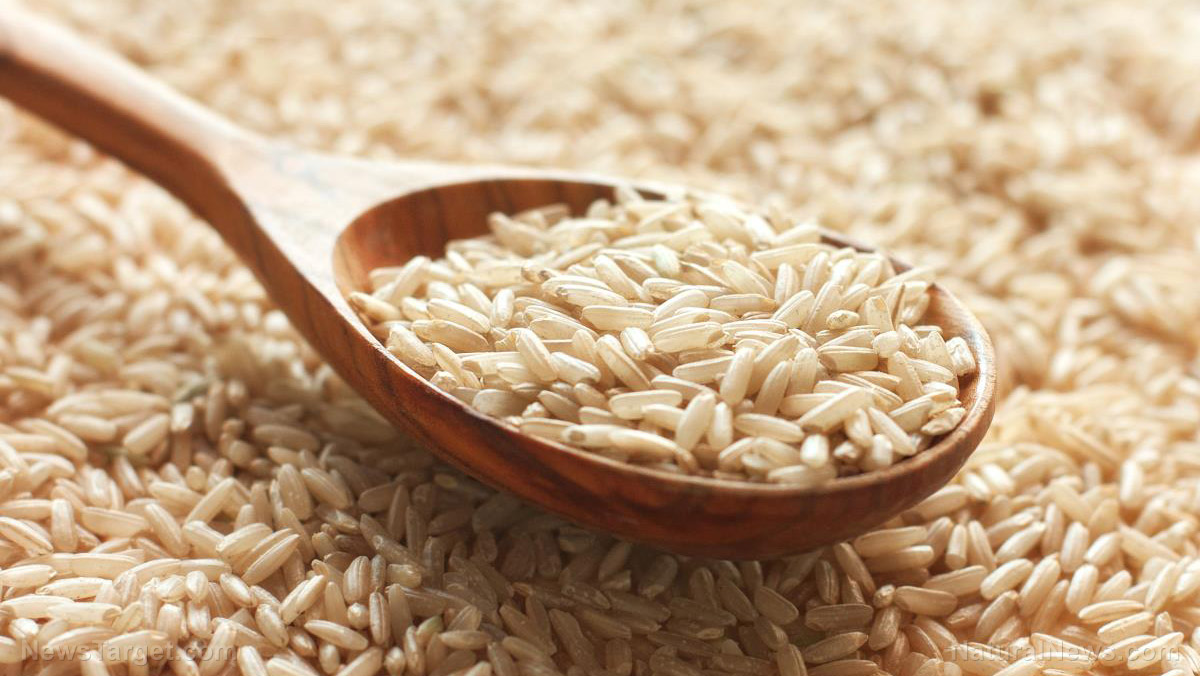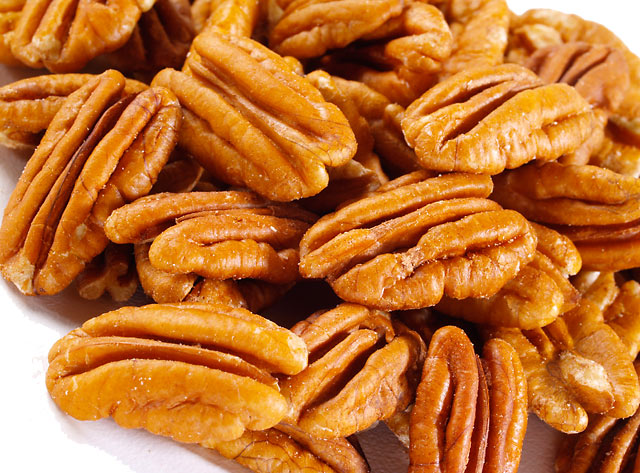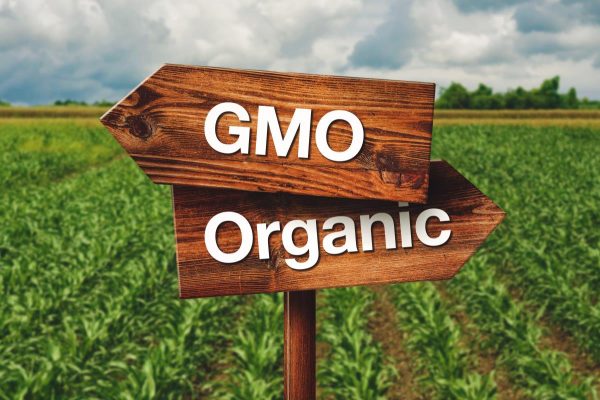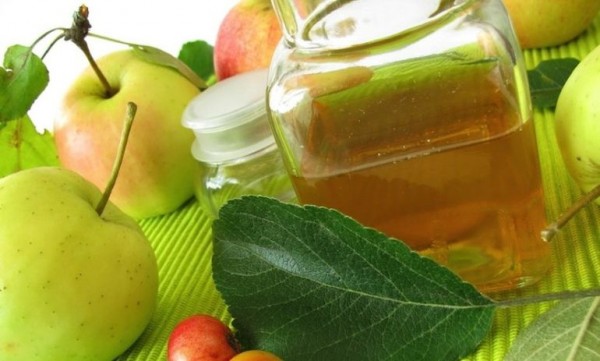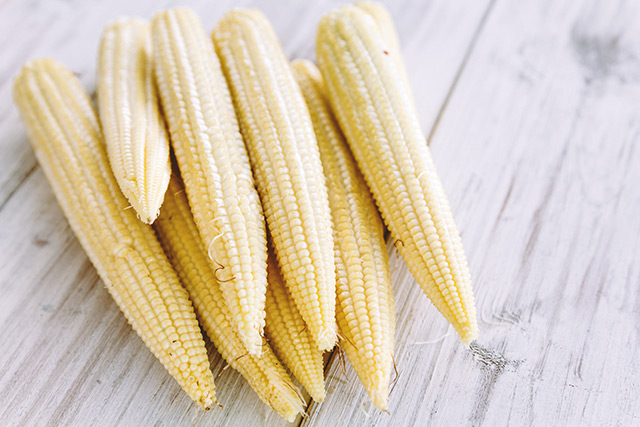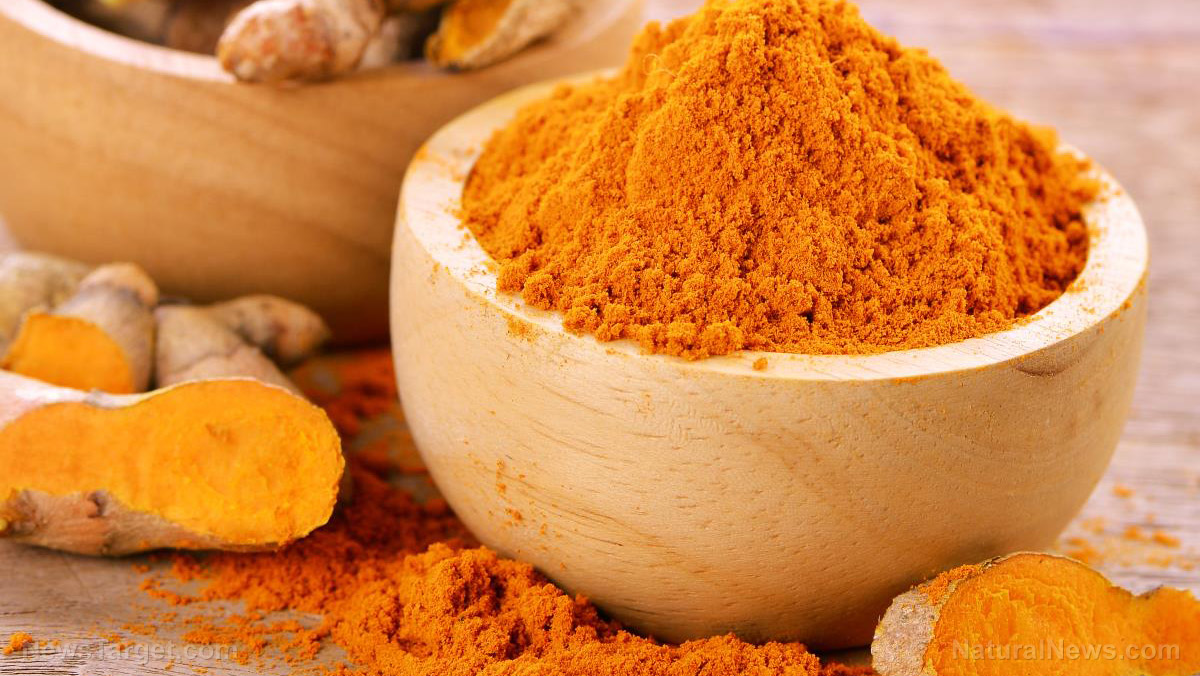What do you think farms of the future will look like? Will they use soil in the same way that it’s used now? Could they be operated completely by robots, with no humans ever stepping foot on them at all? Whatever they end up looking, they had better be capable of meeting the demands of the world’s future population. Because as big as it is now, it’s going to get even bigger. Now a group of experts may have found a possible solution to this scenario.
In one Arkansas farm, these experts are able to grow corn, soybeans, and rice with the use of high-tech farming methods that can’t be seen anywhere else. This farm is said to be aiming for the title of the most scientifically advanced farm in the world. As such, it uses things like drones for hyperspectral imaging, machines for genetic sequencing, and even supercomputers for machine learning. So far, they have made great progress on their project, and have even shared detailed findings in a new report.
Based on online reports, a group of scientists at the Department of Energy‘s Berkeley National Laboratory (Berkeley Lab) has teamed up with University of Arkansas and Glennoe Farms in order to work on this project. Through it, they hope to revolutionize agriculture and create new methods of farming that are more sustainable and would benefit farms as well as the environment. If they are successful, the scientists believe they will be able to reduce the need for standard chemical fertilizers which are used to increase crop yield, and even enhance the soil’s carbon uptake. This kind of outcome could ultimately improve the long-term viability of the farm lands, while also increasing crop yields at the exact same time.
But even though this farm is relying mostly on a combination of high-tech machinery, it’s said that the key to the whole operation still lies in a familiar element of all successful farms: Microbes in the soil. Indeed, this “farm of the future” is still rooted in long-time farming practices and the ones in charge are only trying to get the best out of it. (Related: New Jersey indoor farm can grow plants all year long while using 95 percent less water than outdoor farms, with no pesticides at all.)
According to Ben Brown, a scientist who is involved in the project, microbes are instrumental in the success of their project. “Microbes are a critical component of soil health and productivity. By understanding how microbes work and modifying the environments where they function, we can eventually engineer microbial communities to enhance soil productivity,” he said. “What’s more Berkeley Lab’s research is showing that healthy soils are more resilient to system shocks such as climate change, drought, and insects.”
Current farming methods, which involve the use of harmful pesticides and chemical herbicides, are also part of the reason why soil nutrients and microbes are not up to their usual levels. There used to be a natural, self-sustaining system in place that required very little technology, but that’s no longer the case.
Each technological component of the farm project plays an important role in its success. The drones are said to be equipped with hyperspectral sensors which allow them to “see” more information than the naked human eye. Certain measurement devices are also used to map soil electrical properties in 3D, which is said to be related to soil microbial activities. Finally, machine learning is used to tie all of the data points together and get the best results possible with the variables available.
According to Haruko Wainwright, the project’s co-lead, their methods are intended to deliver results that can be useful in the real world. “The team science approach pioneered at Berkeley Lab is being put to use to integrate all the information within the machine learning context,” she said. “Our ultimate goal is to provide actionable intelligence to the farming community.”
For now, they will continue working on the project with the hope that they’ll be able to show its full results in the next year.
Follow the latest news on today’s newest farming practices in Harvest.news.
Sources include:
NewsCenter.LBL.gov
ScienceDaily.com


